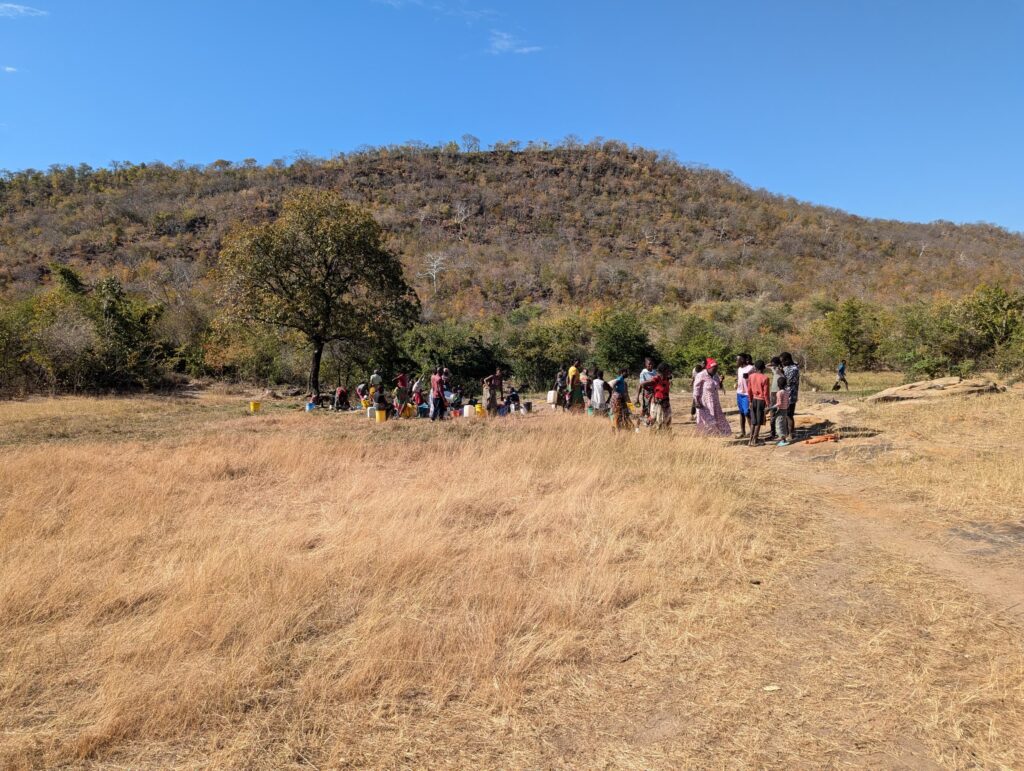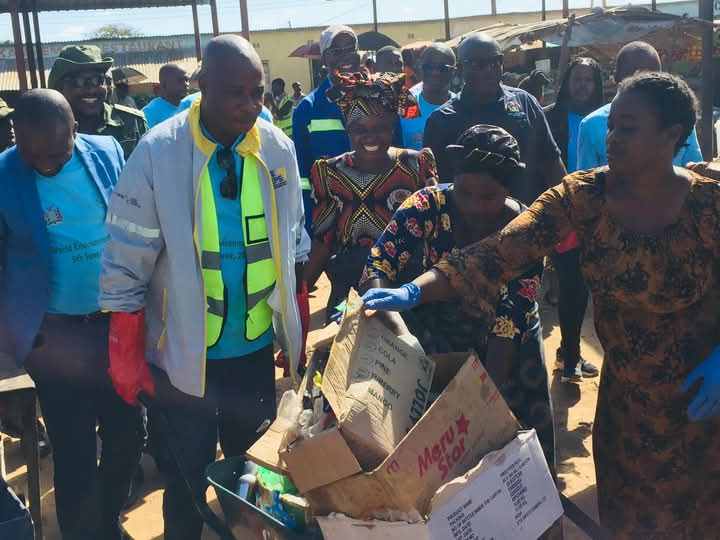Introduction
Mining is a significant economic activity in Zambia, contributing substantially to the national GDP and employment. However, the benefits of mining often come at a high cost to local communities. This article delves into the issue of displacement and inadequate compensation in Zambian mining regions, examining the human cost and proposing solutions for fairer compensation practices.
Rationale
In Zambia, mining activities frequently lead to the displacement of local communities. The acquisition of land for mining often results in the forced relocation of residents, disrupting their lives and livelihoods. Despite legal frameworks meant to protect the rights of these communities, many displaced individuals receive inadequate compensation, exacerbating poverty and social inequality. Addressing these issues is crucial for ensuring that the economic benefits of mining do not come at the expense of the most vulnerable populations.
Problem
The problem of displacement and inadequate compensation in Zambia’s mining regions is multifaceted:
- Inadequate Compensation – Many displaced families receive compensation that does not reflect the true value of their lost property and livelihood. This often leaves them in worse financial conditions than before displacement.
- Lack of Legal Enforcement – Although Zambia has laws and policies in place to protect the rights of displaced individuals, enforcement is often weak. Corruption, lack of transparency, and inadequate legal recourse mean that many affected individuals cannot secure fair compensation.
- Social Disruption – Displacement causes significant social disruption. Families are uprooted from their communities, losing access to social networks, cultural heritage, and support systems. This can lead to increased social tension and instability.
- Economic Hardship – Displaced individuals frequently struggle to find new sources of income. The loss of land, which is often a primary means of livelihood, leads to long-term economic hardship and dependency on aid.
What Can B Done?
- Strengthening Legal Frameworks – Existing laws and policies need to be strengthened to ensure that compensation for displaced individuals is fair and reflective of the true value of their losses. This includes revising compensation standards and ensuring that they are applied consistently.
- Improving Enforcement Mechanisms – Strengthening the capacity of regulatory bodies to enforce existing laws is crucial. This includes training for officials, increased funding for regulatory agencies, and mechanisms to combat corruption.
- Community Participation – Ensuring that affected communities are actively involved in the compensation process is vital. This includes meaningful consultation and participation in decision-making processes related to displacement and compensation.
- Transparent Compensation Processes – Establishing transparent processes for determining and distributing compensation can help build trust and ensure fairness. This can be achieved through independent assessments of property value and third-party oversight of the compensation process.
- Support for Livelihood Restoration – Providing support for displaced individuals to restore their livelihoods is essential. This can include training programs, access to credit, and assistance in finding new employment opportunities.
Introduction
Fair Compensation
By strengthening legal frameworks and improving enforcement, we can expect more equitable compensation for displaced individuals, reducing economic hardship and social inequality.
Reduced Social Disruption
Greater community participation and transparent processes can help minimize social disruption and ensure that displaced individuals retain some connection to their social and cultural heritage.
Improved Livelihoods
Support for livelihood restoration can help displaced individuals rebuild their lives and achieve economic independence, reducing long-term dependency on aid.
Conlusion
Addressing the issue of displacement and inadequate compensation in Zambia’s mining regions is critical for ensuring that the benefits of mining extend to all segments of society. Although Zambia has a resettlement policy, there is a need for stronger enforcement mechanisms, comprehensive compensation that addresses both economic and social impacts, and increased transparency and community participation to ensure fair and equitable outcomes for all affected individuals.
By: Jennifer Mwanangombe, Programmes Coordinator Environment and Extractives



